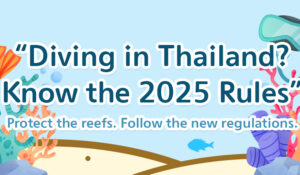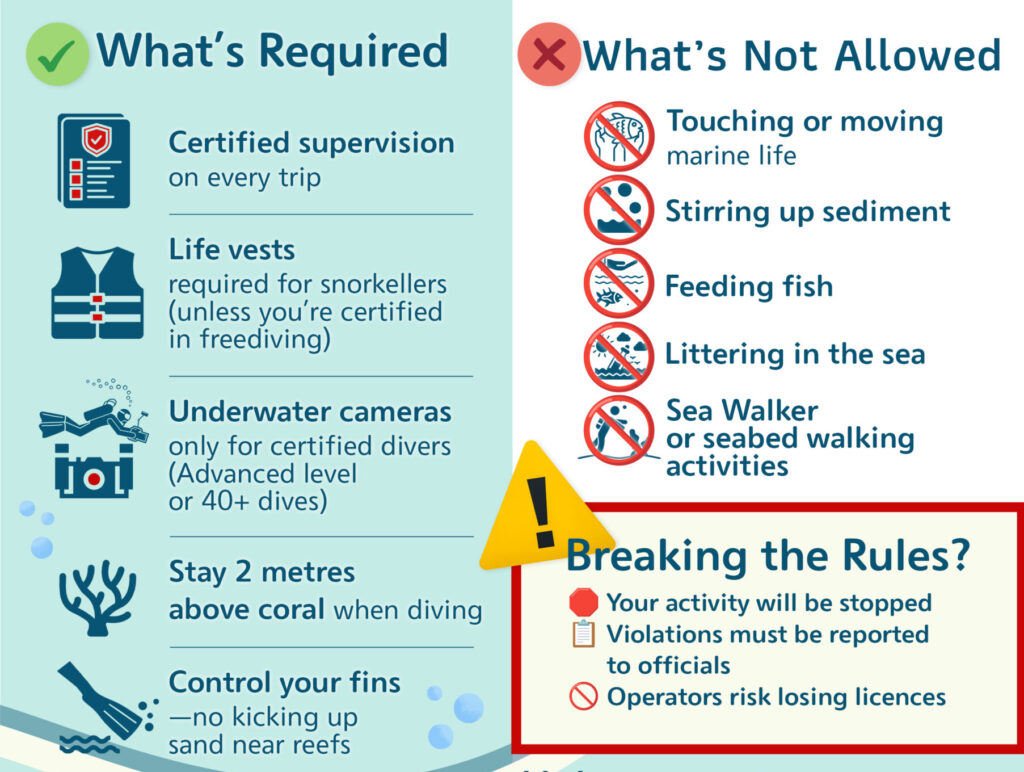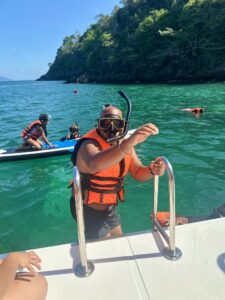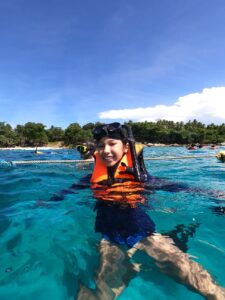Information, Phuket
New Regulations Protecting Coral Reefs & Marine Life In Thailand
Protecting Coral Reefs in Thailand: Whats the Latest in 2025
Thailand’s rich marine biodiversity is one of its greatest treasures. To ensure long-term sustainability, the Thai Government has just introduced stricter national regulations for snorkelling and diving in order to Protecting Coral Reefs, effective 22 April 2025, under the “Measures for the Protection of Coral Reef Resources from Diving Tourism Activities, B.E. 2568 (2025)”.

At Phuket Dive Tours, we fully support these conservation-driven rules and are committed to helping our guests enjoy the underwater world responsibly.
Key Rules for Snorkelers to help protecting coral reefs
1. Minimum Water Depth: 2 Meters Above Coral
Snorkelling is only allowed where there is at least 2 meters (6.5 feet) of water above the reef. This helps prevent accidental contact and damage to fragile coral structures.
2. Life Jackets Are Mandatory
All snorkelers must wear life jackets in coral reef zones, regardless of swimming ability.
Exception: Certified freedivers may be exempt if they carry proof of certification and demonstrate control.
3. Fins Are Allowed—But please use them carefully
While fins are permitted, snorkelers must:
- Receive guidance on correct finning techniques
- Demonstrate control to avoid kicking coral or stirring sediment
Our instructors will teach techniques like the frog kick or modified flutter kick to minimize reef impact.
Activities Now Prohibited in Coral Reef Areas
To protect marine life, these actions are strictly banned:
- Touching or handling coral or marine animals
- Kicking or standing on coral
- Feeding fish or marine species
- Stirring up sediment near reefs
- Disposing of trash or plastic in the sea
- Taking underwater photos without certification
New Rules on Underwater Photography
Only divers with Advanced Certification or 40+ logged dives are allowed to use underwater cameras. This helps prevent damage caused by inexperienced divers focusing more on taking photos than diving safely and having good buoyancy.
Group Size Restrictions
- Snorkeling / Freediving: Maximum 20 participants per guide
Smaller groups enhance safety and reduce pressure on the reef.
Scuba Diving Training & Certification Requirements
All training dives and beginner courses must now take place over sandy seabeds, away from coral. This ensures new divers are not introduced to reef zones before they gain proper control and awareness.
Tips to improve your buoyancy as divers watch the video or take the SSI Perfect Buoyancy speciality course
Special Focus on Snorkelling Safety
These top snorkelling destinations now have enhanced protection:
- Life jackets required at all times
- Maintain 2-meter minimum distance from coral
- Visitor access is limited to reduce ecological strain
Freediving & Training & Certification Requirements
If you want to snorkel deeper then consider doing our SSI Basic free diving beginner courses, this ensures new snorkel divers gain proper control awareness of the marine environment, and impact bad techniques can have on aquatic life
Tips to improve your buoyancy as divers watch the video or take the
A Shared Responsibility: Divers & Snorkelers protecting coral reefs.
These new regulations are more than just rules—they are a commitment to preserving Thailand’s ocean ecosystems for future generations. At Phuket Dive Tours, we:
- Educate guests on proper snorkeling and diving techniques
- Support eco-conscious travel practices
- Strictly enforce reef-safe protocols
Final Thoughts
Enjoy the beauty. Respect the reef.
Your snorkelling trip in Phuket or the Similan Islands is a chance to connect with nature and become part of a global movement toward sustainable tourism. By following these simple guidelines, you help protect marine life and coral reefs—ensuring they thrive for generations to come.



